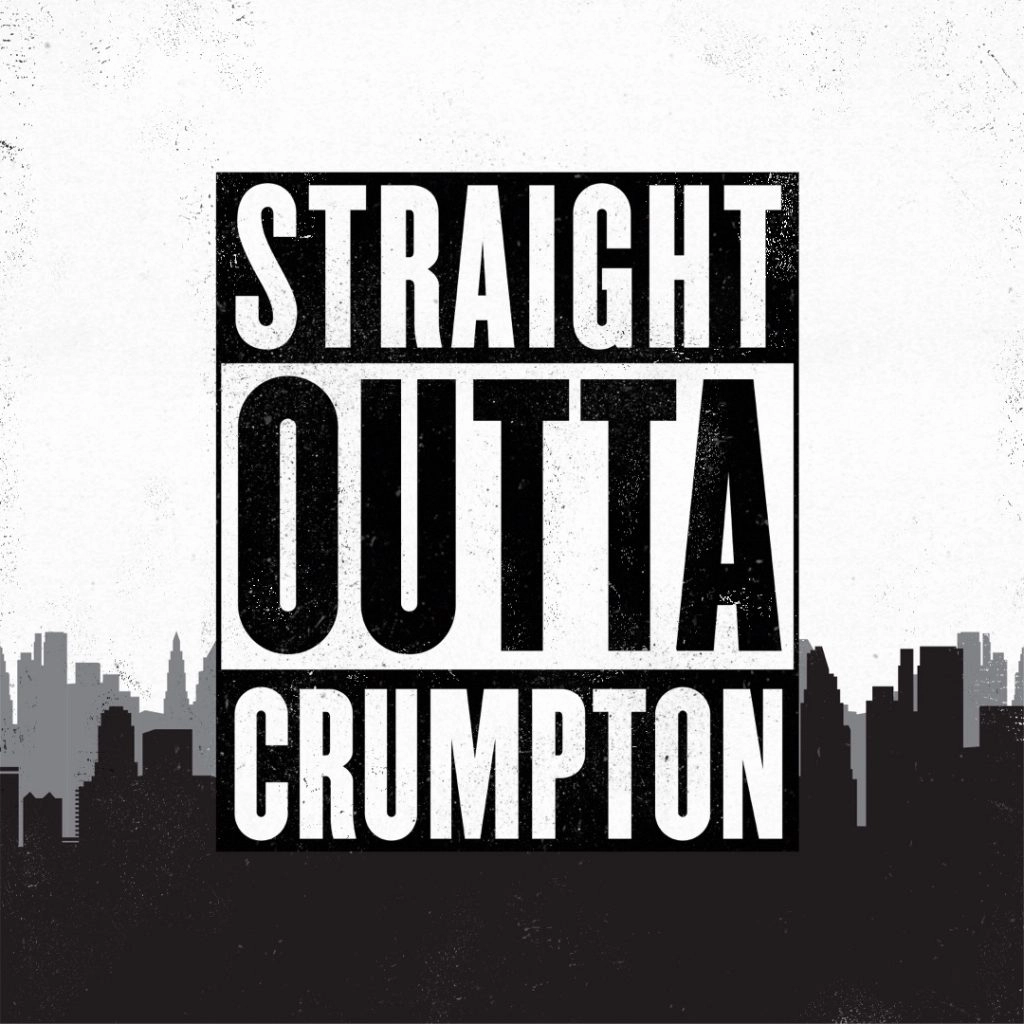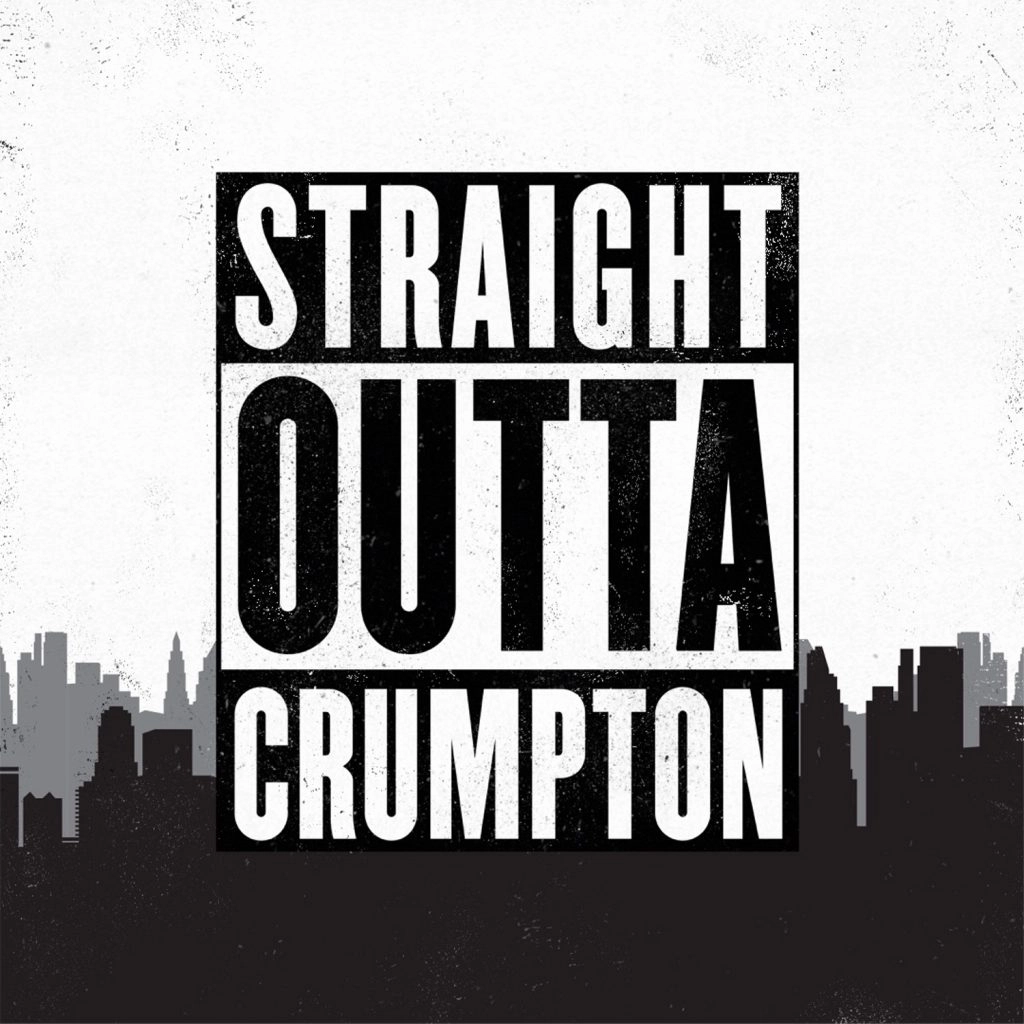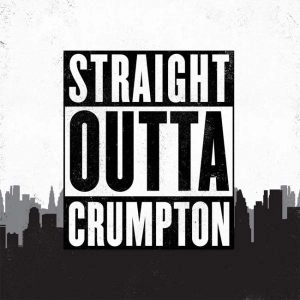The Mechanics of VCO: Modeling Constraints, Costs, and Markets
Aaron Berg breaks down how River Logic’s value chain optimization (VCO) engine models the full spectrum of operational and financial variables—from manufacturing constraints to supplier contracts and dynamic market conditions. Unlike traditional models that rely on static costs, VCO captures how costs evolve as decisions change—giving leaders real-time insight into the true financial impact of production shifts, sourcing strategies, and capacity adjustments. It’s the engine behind smarter, more adaptive planning.




